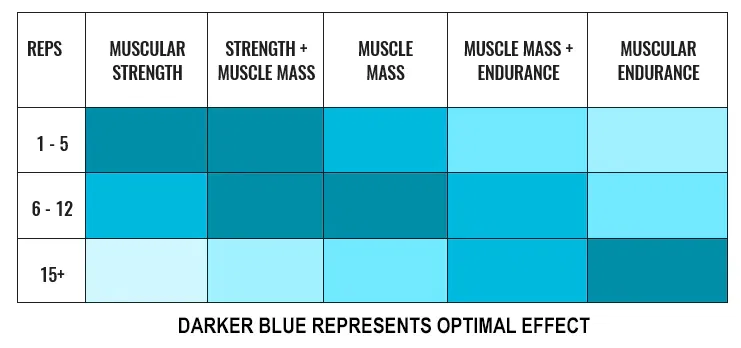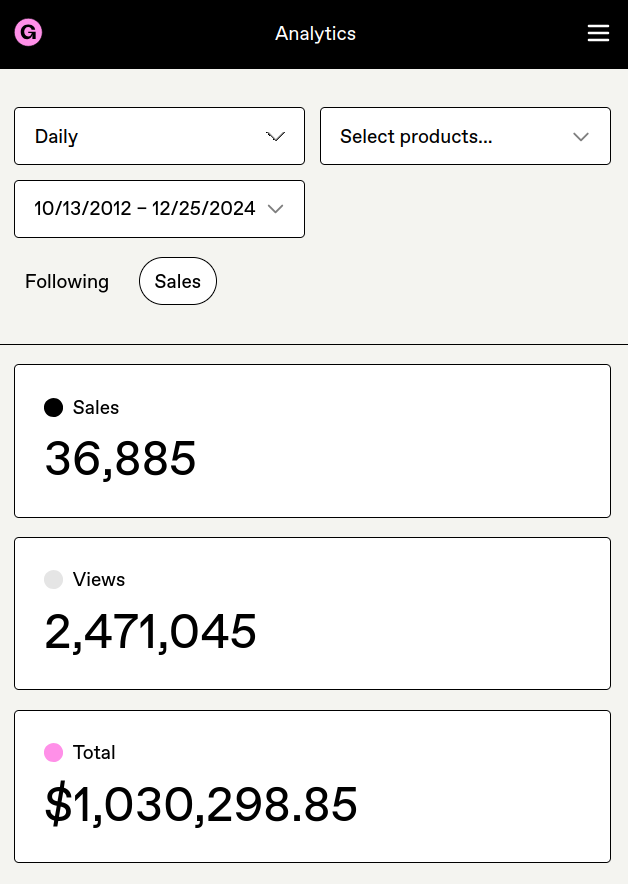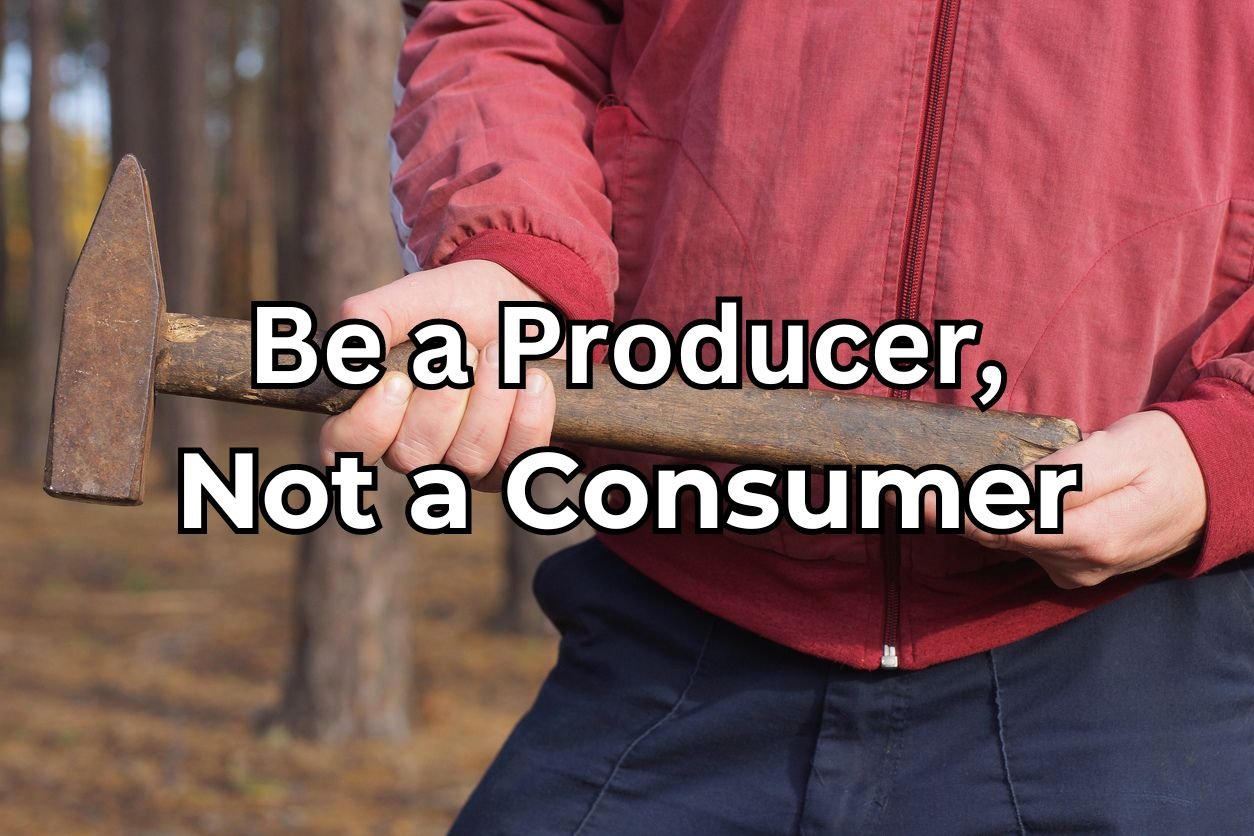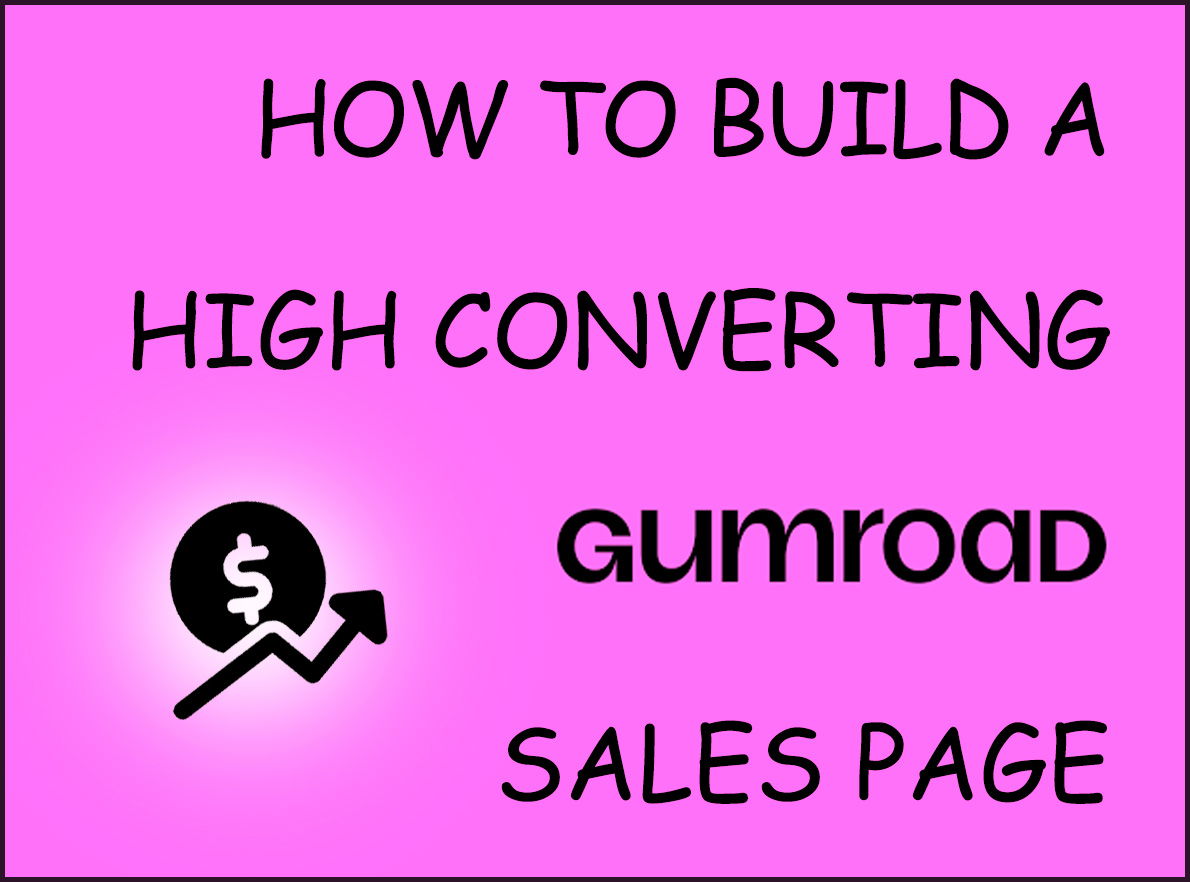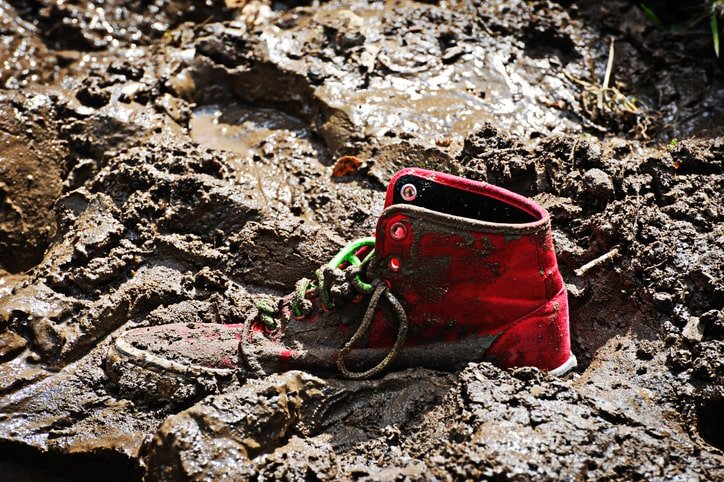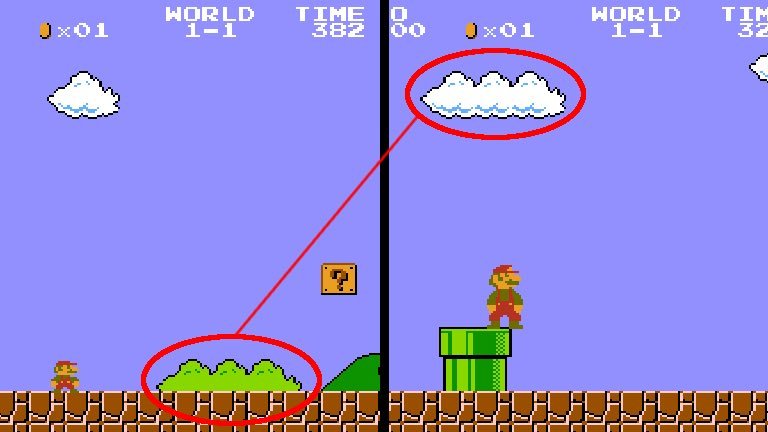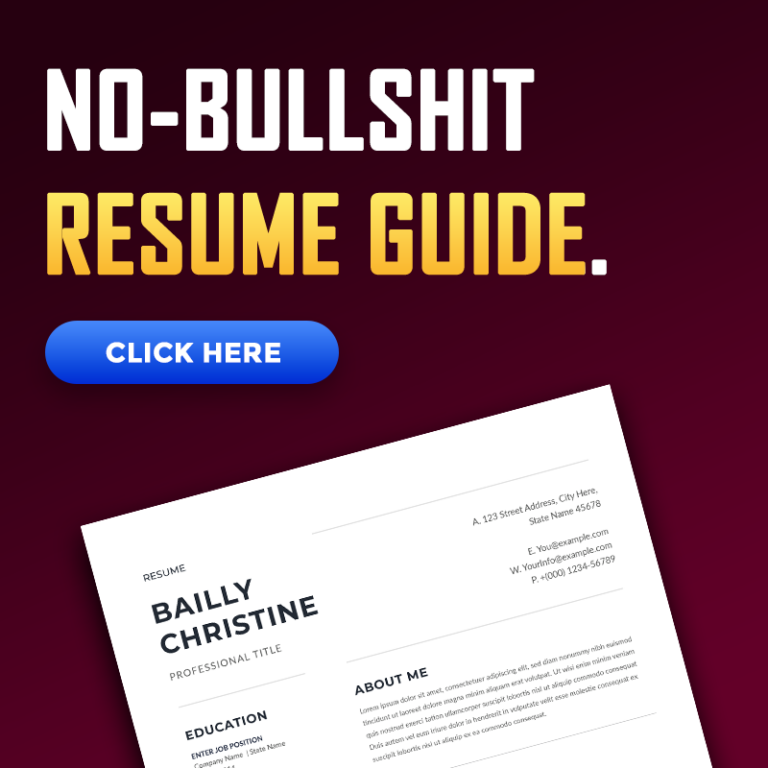From the desk of Harsh Strongman
Subj: Pick the right product to sell
This Business 101 article might seem obvious at first sight, but you’ll be surprised by how many people get it wrong.
When you’re starting a business, arguably the most important thing in your business is what you’re selling.
This could be anything – from tables and chairs to advanced AI software. This depends on you and your vision.
However, there are a few things you should keep in mind:
1) Don’t Sell Low-Margin Products
You don’t want to sell products where you make tiny amounts of money per sale (a common example is a grocery shop or a dollar store).
Making very low amounts of money per sale and relying on bulk volume to make decent profits makes the business very stressful and not-so-profitable.
Overheads and inflation will keep going up and it will force you to do everything you can to increase that volume to stay profitable.
Your life will be much easier if you sell high-margin products and focus on fewer higher value customers.
More money per sale allows you to do things like marketing, better customer service per customer, etc. which is much harder to do when you sell a low margin product.
2) Avoid Physical Products
The logistics of physical products are far more complex than digital products like SaaS or info products.
You have to get the product manufactured, shipped, deal with returns, defects, etc. and to top it off, the margins in physical products are much lower than digital products.
Digital products make for vastly superior businesses.
3) The Money is in Consumables, Not One-Time Sales
If you sell a digital product, you want to sell something where people keep coming back to you.
If it’s software, make it a monthly subscription SaaS. If you’re an influencer, make it a monthly membership.
One-time sales like ebooks are fine, but the real money is in recurring income.
The same thing applies to physical products.
The printer company makes money by selling ink and toner, not the printers themselves.
Similarly, you’ll make more money selling things like (high-end) soaps, coffee, and supplements than by selling tiles, tables, and fans.
If you have a good product, you want the customers you acquire to keep coming back to you – and not just leave after one single sale.
4) Have Upsells and Related Products
This one is pretty simple. You want to increase the AOV (average order value) of your store.
The easiest way to do that is to stock other products your customers might be interested in.
For example, if you’re selling high-end organic soap, you should also sell organic toothpaste, herbal shampoos, natural deodorants, etc.
It’s about knowing what your customer wants and showing them more things they might like.
Not stocking stuff your customers want is just leaving money on the table. Not smart.
5) Make the product better over time
You want to constantly invest in research and development (R&D) and make the product better as new information and technology becomes available.
Do not become comfortable selling just “what’s working today” – because the one thing that’s guaranteed to you is that things will change.
Companies that do not invest in R&D are phased out by companies that do – it happened to IBM, Micromax, and thousands of small businesses.
Listen to your customers. Figure out what problems your product is facing, and fix them.
– Harsh Strongman






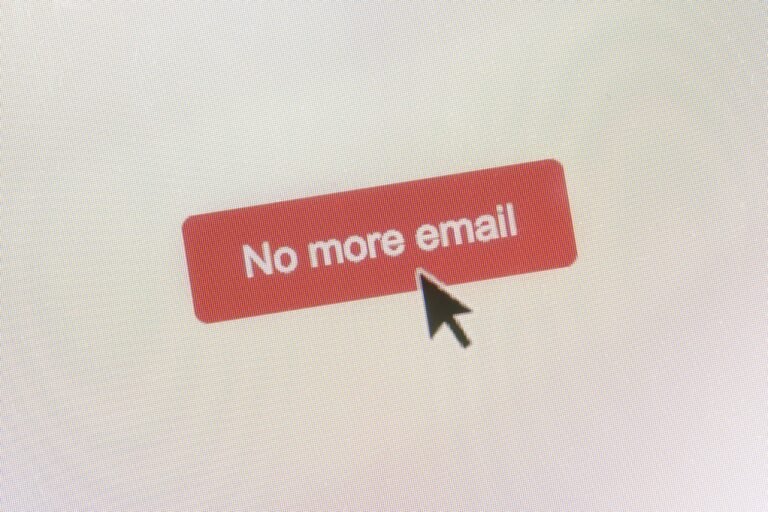



![Traits Women Find Attractive Traits Women Find Attractive (And How to Score Yourself) [PART 1: Physical Aspects]](https://lifemathmoney.b-cdn.net/wp-content/uploads/2025/11/Traits-Women-Find-Attractive-1.jpg)












